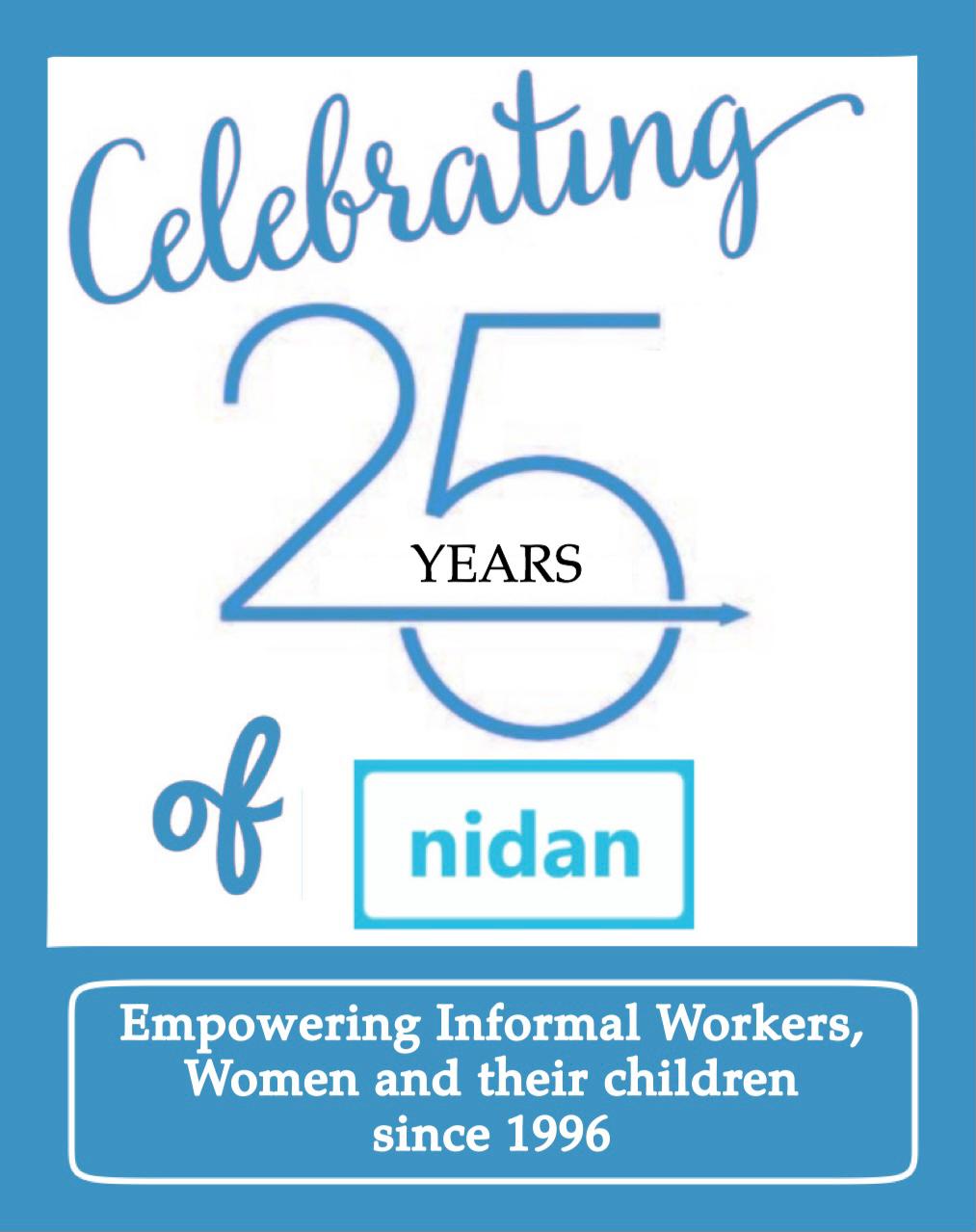
There are over 340 million workers, or roughly 92% of the country’s working population, in India’s informal sector. They contribute to about 60% of the national economic output. Despite their vast numbers and substantial contribution to the economy, they make up the poorest segments of the population. On average, these workers do not earn much more than US$ 1 a day and work is often seasonal. They do not belong to unions and are regularly exploited for their labour.
Innovation and Activities
NIDAN builds organizations and profitable businesses of informal sector workers, including rag pickers, street vendors, micro entrepreneurs domestic helpers, agriculture workers and farmers. It does this by tapping into the wealth of the poor, primarily their numerical strength, and then aggregates them into economies of scale. This process of “collectivizing” generates social capital, representation and a voice for the poor, which they then leverage to launch their own businesses. NIDAN has brought together 400,000 workers from the informal sector and positioned them as legitimate competitors in markets opening throughout the country.
As an entry point, NIDAN moves into neighborhoods to train and align individuals into profession-based groups. These groups quickly generate connections between individuals as they learn to link their personal struggles to the challenges of their occupational sectors. Once fragmented, traders and service providers now organize into broad-based occupational pressure groups; each group is a nascent initiative to be mentored until it emerges as an independent identity and registers as an institution. Every organization is decentralized and independent, with growth and operations left entirely to stakeholders. Most are large enough to affect significant policy shift. For example, the NIDAN -initiated National Association of Street Vendors of India (NASVI), with its 9,00,000 members across 20 states, has successfully lobbied for the passage of the Act for Urban Vendors, a first for the country.
As entrepreneurs, the informal workers are reporting income growths of 100% or more. Waste collectors, for example, have realized a 200% increase in their annual incomes. Secure and regular income growth has led to improved access to social security, education, childcare and legal aid. Children of NIDAN members, who previously could not access education, now go to formal schools. When necessary NIDAN runs community schools or support Govt educational institutions.
Most significantly, NIDAN is returning to underdeveloped states and organizations of informal workers a culture of accountability and honest enterprise. Its contracts with Govt are secured without bribes and at competitive market rates. This has soldered the confidence of the poorest in transparency and collective action.
